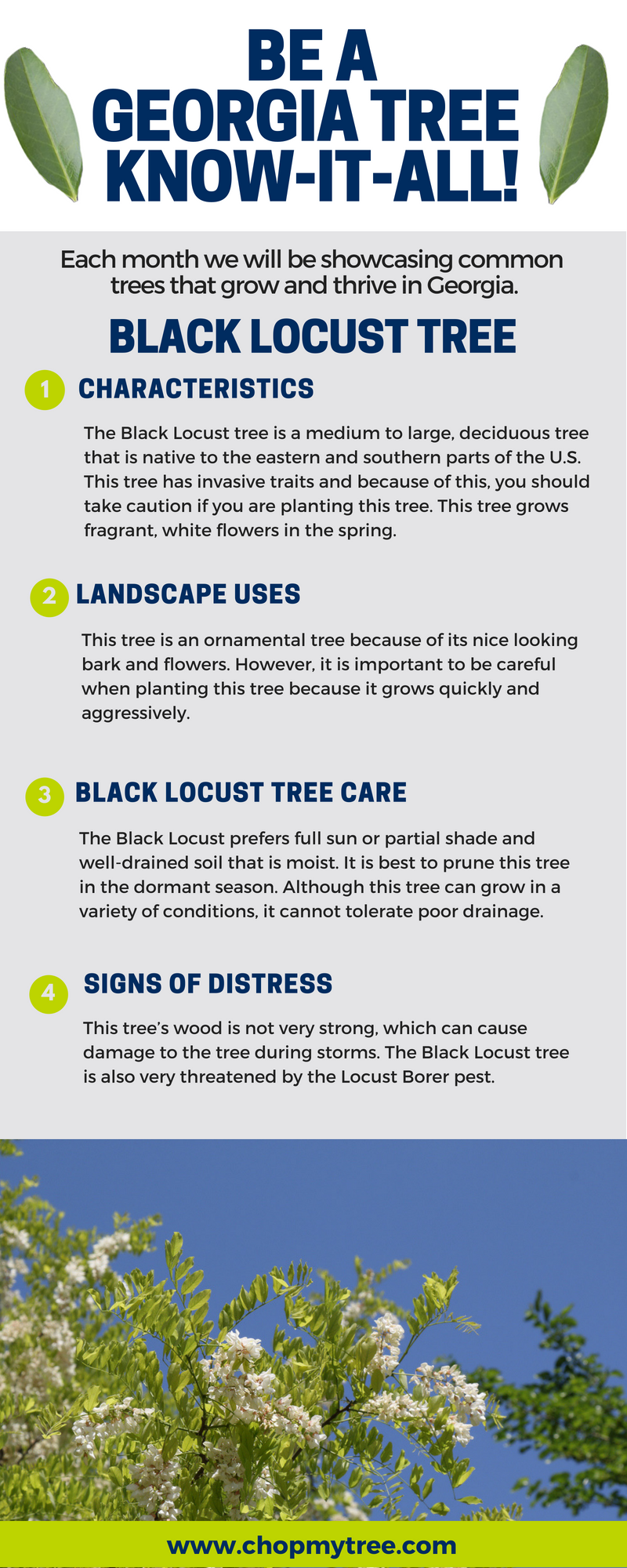The Environmental Ramifications Of Logging: Vital Realities To Be Knowledgeable About
The Environmental Ramifications Of Logging: Vital Realities To Be Knowledgeable About
Blog Article
Composed By-Oliver Cochrane
When it comes to the ecological effect of tree removal, there are essential elements that require your focus. From the complex web of relationships within ecological communities to the succeeding impacts on climate patterns, the consequences are profound. You may be shocked to uncover the complex ways in which the elimination of trees can reverberate throughout the atmosphere. Keep tuned to untangle the elaborate connections and ramifications of this apparently simple act.
Logging and Habitat Loss
Logging and environment loss are important problems originating from tree elimination. When trees are reduced, it interrupts entire communities. Not only are the trees themselves shed, yet the homes and food sources of many plant and pet species are ruined as well. Birds shed their nesting websites, creatures shed their sanctuary, and insects lose their environments. The impacts surge through the food web, affecting predators and prey alike.
Moreover, logging adds to climate change. Trees play an important role in soaking up co2, a greenhouse gas that catches warm in the ambience. With fewer trees, there's much less carbon dioxide absorption, bring about boosted levels of this gas in the ambience and aggravating global warming.
Habitat loss is a straight result of logging, as the destruction of woodlands suggests the loss of special and diverse ecosystems. Several varieties are unable to adapt to fast adjustments in their setting, resulting in population decreases and, sometimes, extinction.
Securing woodlands is essential to maintaining the delicate equilibrium of nature and guaranteeing the survival of many plant and animal species.
Effect on Biodiversity
The removal of trees has a substantial influence on biodiversity, impacting the selection and abundance of plant and pet varieties in a location. Trees supply environment and food resources for various microorganisms, from bugs to birds to mammals. When Continue Reading are eliminated, these types shed their homes and sources of food, causing a decline in their populations. This disturbance can have cascading results on the entire ecological community.
In addition, trees play a crucial duty in maintaining biodiversity by creating microhabitats within their covers, trunks, and origins that sustain a wide variety of varieties. When trees are lowered, these specialized atmospheres are ruined, decreasing the general variety of the location.
Additionally, the elimination of trees can lead to a reduction in genetic variety within plant populaces, as certain tree species might no longer have the ability to duplicate or distribute effectively. Securing trees and forests is necessary for maintaining biodiversity and ensuring the health and wellness of environments for future generations.
Dirt Disintegration and Environment Adjustment
With trees being gotten rid of from a location, the disturbance of soil structure and stability takes place, leading to boosted soil disintegration. Trees play a critical role in stopping disintegration by holding soil in position with their root systems. When trees are gotten rid of, particularly in large numbers, the dirt ends up being much more vulnerable to disintegration from wind and water. This erosion not just affects the prompt environments however can also lead to sedimentation in nearby water bodies, impacting water quality and marine communities.
Furthermore, trees aid manage the environment by absorbing carbon dioxide throughout photosynthesis. When https://www.startribune.com/minneapolis-garden-is-neighborly-in-front-secluded-in-back/568968932/ are cut down, this natural carbon sink is decreased, contributing to increased degrees of greenhouse gases in the ambience. This can worsen climate adjustment, causing even more severe weather condition occasions and interruptions in ecological communities worldwide.
Consequently, the elimination of trees not only increases soil disintegration however also plays a role in the larger ecological concern of climate change. It's critical to consider these factors when examining the influences of tree removal on the environment.
Final thought
Since you understand the ecological effect of tree removal, take into consideration the effects prior to lowering trees. Logging disrupts ecosystems, lowers biodiversity, and contributes to soil erosion and climate modification. By bearing in mind the impact of tree removal, you can assist protect our environment and preserve the fragile balance of nature. Make educated options and think about different options to reduce the unfavorable effects on our earth.
